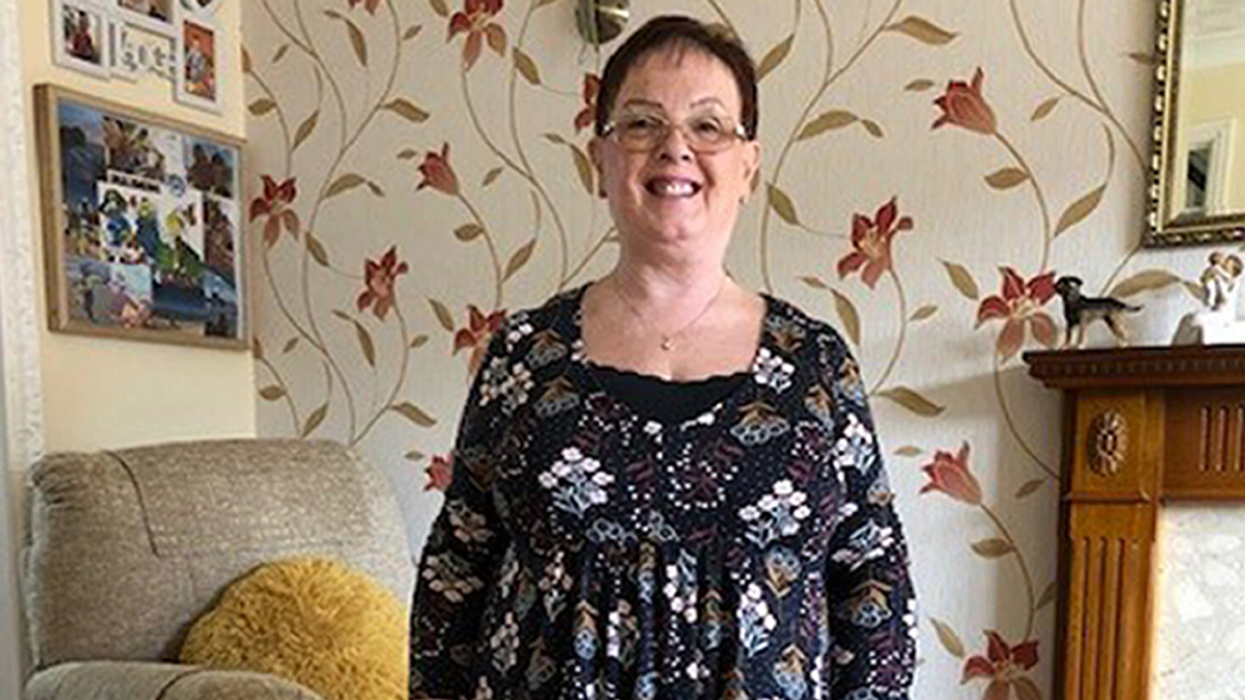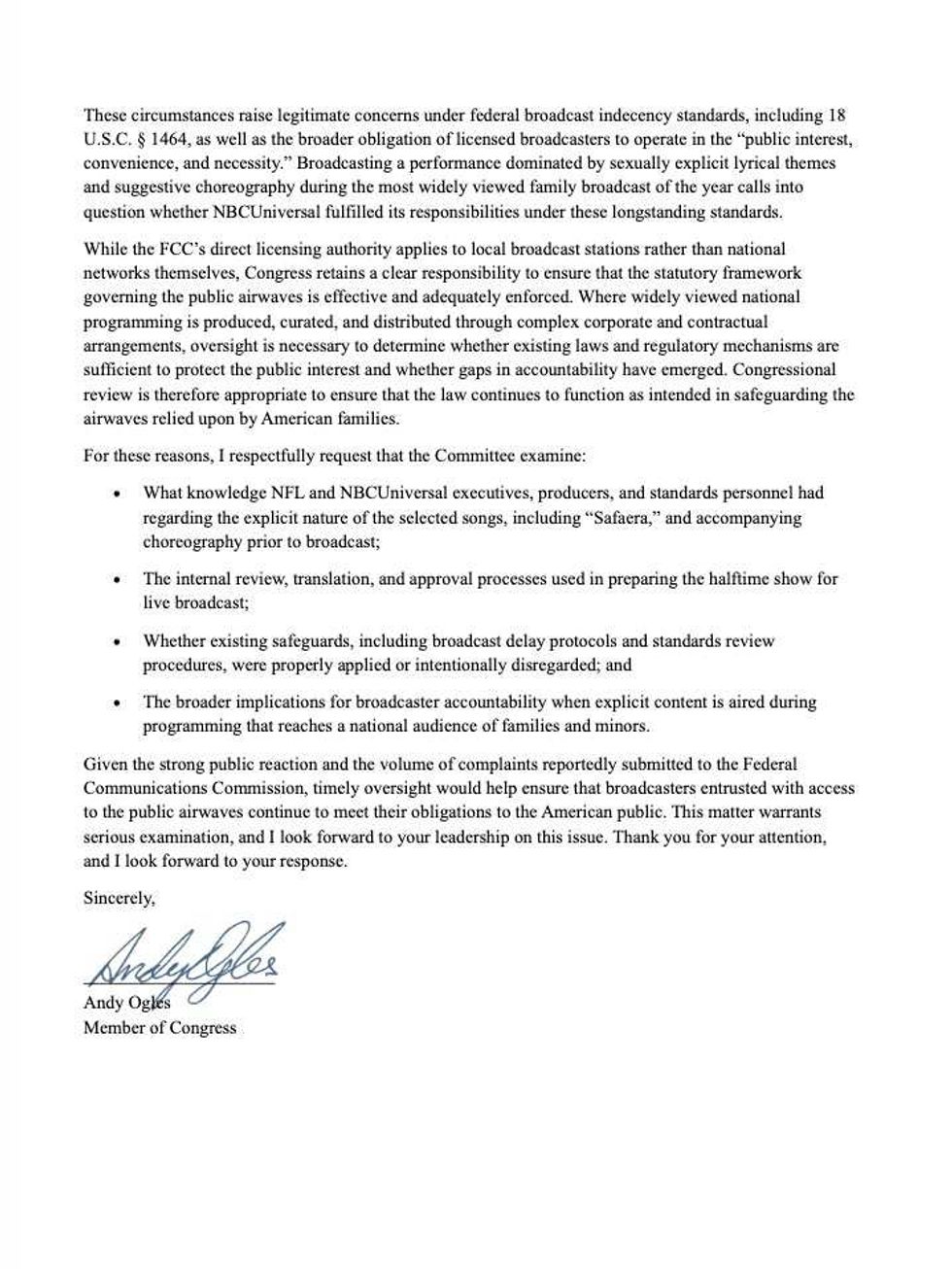There are some miraculous cases worth celebrating in the medical community.
This is one of them.
A woman who was not expected to live for 60 seconds when she was born is marking her 60th birthday by celebrating the major advances in the treatment of spina bifida since the early 1960s.
Carmel Proctor said her life was saved by pioneering surgery after she was born in Doncaster in 1960 with myelomeningocele, the most severe type of spina bifida.
This occurs when a baby's spine and spinal cord do not develop properly in the womb, causing a gap in the spine.
The condition leaves tissue exposed on the baby's back and, without the protective covering of skin, the spinal cord becomes further damaged with a very high risk of infection.

“I was very poorly indeed. My parents would tell me later that I wasn't expected to last 60 seconds," Proctor said. Now, she will be turning 60 in August.
“My mom took me to her GP who had heard of a doctor at Sheffield Children's Hospital who was doing some pioneering treatment for patients with spina bifida."
"Two days later, I was in the operating theatre. If it had not been for Sheffield Children's, I would have been what they referred to back then as 'nourished,' which was a kind of 'hope and see' treatment."
Medical secretary Proctor was treated by Dr. Robert Zachary, who was the first full-time surgeon employed by Sheffield Children's Hospital and who developed an international reputation for his expertise on spina bifida.
Alongside pediatrician Dr. John Lorber and orthopedic surgeon Dr. John Sharrard, Dr. Zachary showed that if babies with spina bifida were operated on within hours of birth, the survival rate could be improved from less than 10% to almost 90%.
Proctor said she spent almost three months in Children's Hospital annex, which is now a private hospital in Sheffield, and she continued to have check-ups until she was 16.
As she approaches her 60th birthday, she has pledged to raise as much as possible for Sheffield Children's Hospital, organizing a range of events ahead of a special fundraising day on August 9.
The money will go to projects including the Children's Hospital Charity's 'Building a Better Future' appeal to raise $18 million dollars to build a new helipad, expand the emergency department and redevelop the cancer and leukemia ward.

“I've been saying for at least the last decade that when I get to my 60th birthday, I'm going to raise as much as I can, because I wouldn't be here without them," Proctor said.
“Even while I was visiting all those years ago, you could see the improvement that was taking place. We had quite dark wards and dormitories, but it gradually brightened up with color and paintings."
Others with spinal bifida shared their stories on Twitter.
“Sadly in that time, most children with severe spina bifida were treated with tender loving care but wouldn't survive long after birth. Surgery wasn't considered an option," Lee Breakwell, consultant spinal surgeon at the hospital, explains.
“Even 60 years ago we were a pioneering centre of excellent and innovative care. It's great to be a part of a still-thriving specialist centre, continuing to look after patients in regards to spina bifida. We are able to treat babies early and continue to support them throughout their childhood with a multidisciplinary team."







 @RepOgles/X
@RepOgles/X @RepOgles/X
@RepOgles/X





 @chrisbrownofficial/Instagram
@chrisbrownofficial/Instagram u/oatlatt/Reddit
u/oatlatt/Reddit u/LoveTheAhole/Reddit
u/LoveTheAhole/Reddit u/SoFetch89/Reddit
u/SoFetch89/Reddit u/00trysomethingnu/Reddit
u/00trysomethingnu/Reddit u/kittybuscemi/Reddit
u/kittybuscemi/Reddit u/___nic/Reddit
u/___nic/Reddit u/WaterMagician/Reddit
u/WaterMagician/Reddit u/west-brompton/Reddit
u/west-brompton/Reddit u/GhostlySpinster/Reddit
u/GhostlySpinster/Reddit u/Asleep_Tap6199/Reddit
u/Asleep_Tap6199/Reddit u/afreudtolove/Reddit
u/afreudtolove/Reddit u/myfriendtoldmetojoin/Reddit
u/myfriendtoldmetojoin/Reddit
 @charlesbeckinsale/Instagram
@charlesbeckinsale/Instagram @liamgriffin/Instagram
@liamgriffin/Instagram @valentinoguseli/Instagram
@valentinoguseli/Instagram @17is/Instagram
@17is/Instagram @torahbright/Instagram
@torahbright/Instagram @mcfetridge/Instagram
@mcfetridge/Instagram @colleenquigley/Instagram
@colleenquigley/Instagram @jonathanwaynefreeman/Instagram
@jonathanwaynefreeman/Instagram
 @amberglenniceskater/Instagram
@amberglenniceskater/Instagram